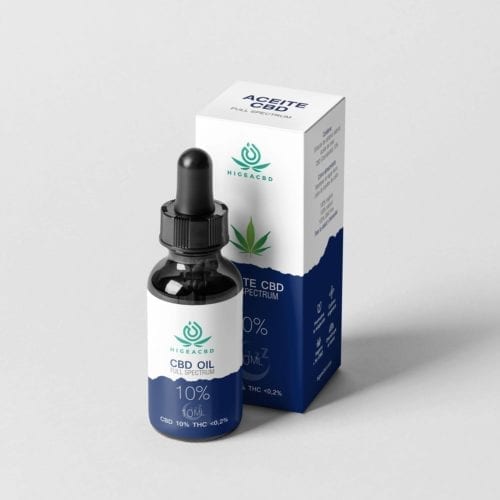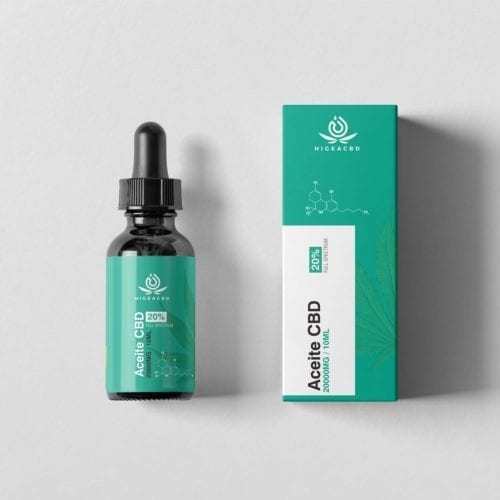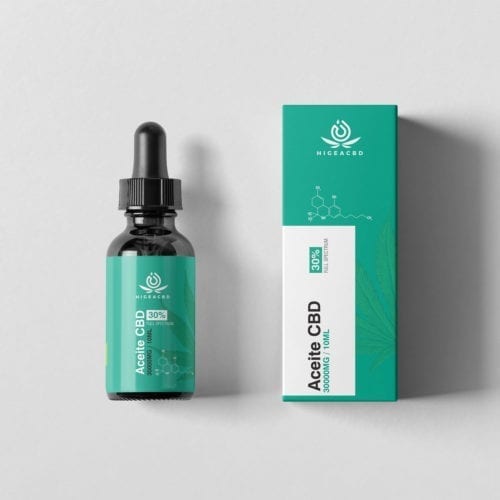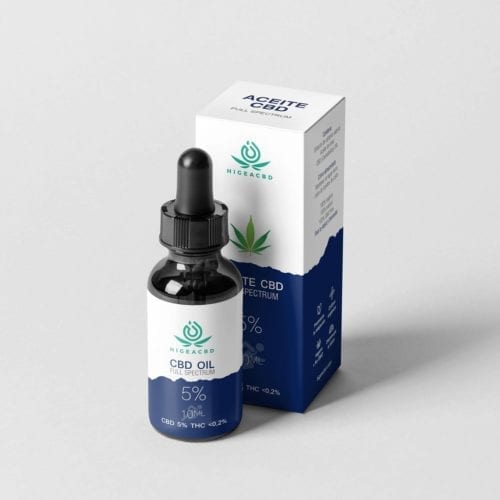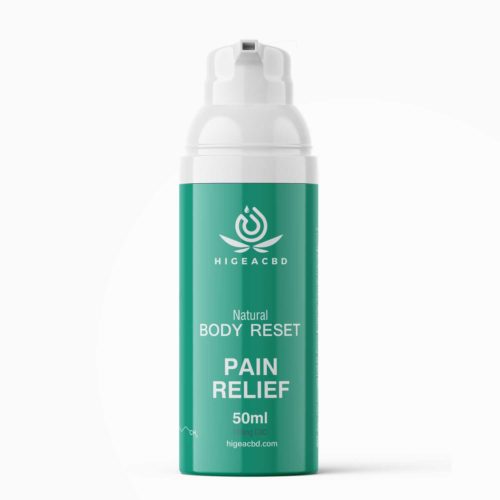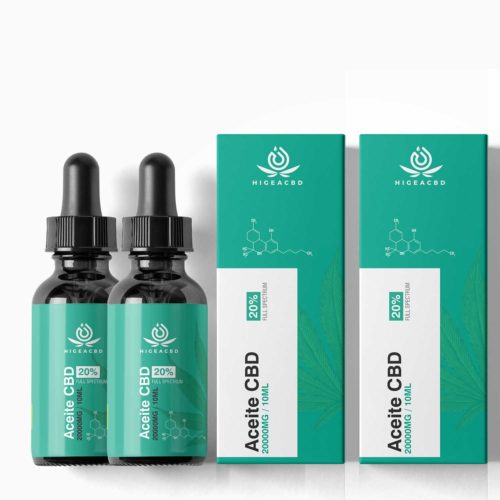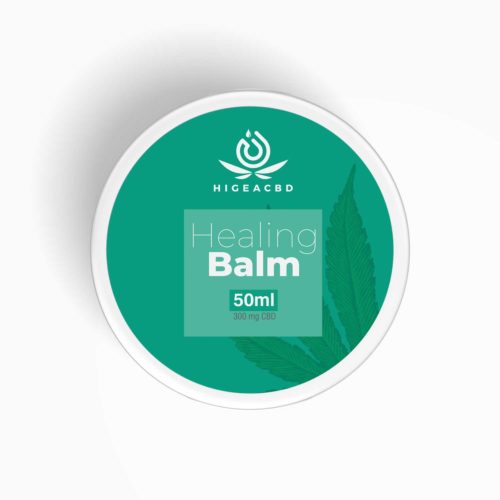The effect of CBD on the brain
In the Higea CBD blog we have talked about how CBD can help you improve some symptoms of physical and mental pathologies such as anxiety. However, we haven’t yet explained what exactly the cannabinoid CBD does in your brain and what nootropic and neuroprotective effects it has that can benefit us. Science is currently investigating the therapeutic potential of CBD to treat cognitive and neurodegenerative diseases such as Alzheimer’s and Parkinson’s. Sure you’ve heard that marijuana kills brain cells, but is the CBD in cannabis really capable of killing or regenerating them?
Showing 1–8 of 25 resultsSorted by price: low to high
-
Sale!
Aceite Higea CBD 10%
Original price was: 29,95€.24,95€Current price is: 24,95€. Add to cart -
Sale!
Hygea CBD Oil 20%.
Original price was: 49,95€.34,95€Current price is: 34,95€. Add to cart -
Sale!
Hygea CBD oil 30%.
Original price was: 89,95€.49,95€Current price is: 49,95€. Add to cart -
Sale!
Aceite Higea CBD 5%
Original price was: 23,95€.19,95€Current price is: 19,95€. Add to cart -
Higea CBD muscle pain cream 50 ml
21,95€ Add to cart -
Basic Pack
47,41€ Add to cart -
Medium pack
94,81€ Add to cart -
Sale!
Healing Balm Hygea CBD
Original price was: 21,95€.19,95€Current price is: 19,95€. Add to cart
What is a nootropic?
Nootropics are compounds specifically designed to act on the brain rather than on our body. Its objectives are mainly to sharpen our attention and improve our mental clarity. This is precisely why the use of nootropics has become popular in recent years. You may well have heard of them if you are a university student or preparing for an exam. In short, nootropics aim to improve mental performance, which means you’ll be able to work harder and longer without being distracted.
Caffeine is probably the best known nootropic substance. We all know that feeling of energy and mental clarity when we have a cup of coffee. And, on several occasions, we use coffee to keep our attention while reading something we find boring or to study the night before an exam. However, abusing caffeine will bring unpleasant side effects such as unwanted nervousness and even nausea.
The best nootropics also combine neuroprotective benefits and work by stimulating certain neurons in the brain. This means that they increase blood flow and oxygen supply in the short term, and are believed to protect your brain from long-term decline. The goal really is to compose formulations with nonotropic ingredients in a balanced way to give you all the desirable brain-stimulating effects and avoid any annoying side effects.

What is a Neuroprotector?
Neuroprotectors are drugs that aim on the one hand to protect and on the other to limit the damage to our neurons. They are used after neuronal damage to the brain such as after a stroke, as a treatment for neurodegenerative diseases such as Alzheimer’s and Parkinson’s, or in head injuries with risk of brain damage.
Classification of neuroprotectors
Neuroprotectors can be classified by their therapeutic targets as follows:
Anti-excitotoxic
Those that reduce the excitotoxicity that causes an excessive release of amino acids such as glutamate. Anti-excitotoxic neuroprotectants are used to prevent and avoid brain damage.
Ionic Channel Blockers
These neuroprotective drugs aim to block calcium channels when traumatic events occur that can damage the brain.
Neurosteroids
They are able to reduce brain edema and decrease programmed cell death.
Free radical scavengers
As their name suggests, they inactivate the free radicals that cause oxidative stress, which causes the central nervous system to fail.
Anti-inflammatory
Many times there is large brain damage due to inflammation. Anti-inflammatory neuroprotectors limit brain inflammation induced by brain injury.
Neurotrophics
One of the missions of neuroscience is to find neuroprotective factors that promote the creation of new neurons. These are called neurotrophs.
Many foods contain neuroprotective nutrients that can complement a neuroprotective treatment and help us take care of our brain. In addition to a diet rich in antioxidants and vitamins, regular exercise is recommended as it is essential for maintaining a healthy brain.
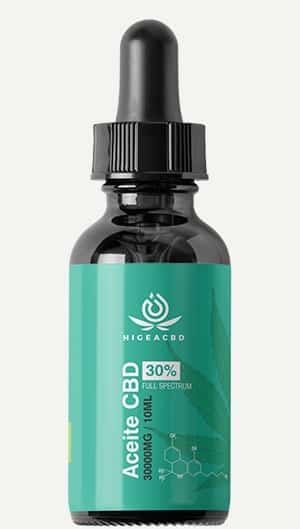
What effects does CBD have on our brain?
The nonotropic effects of CBD
Many of the benefits of CBD are precisely associated with cognitive performance, suggesting that CBD is a superb nootropic drug free of side effects.
Although a dose of CBD will not give you intelligence beyond the intellectual power you were born with, one of the reasons many people turn to CBD is to to relieve anxiety and nervousness. A thinking mind free of nerves is much better able to concentrate on solving a difficult task.
In addition, the endocannabinoid system is responsible (among other homeostatic functions) for regulating neurotransmitter levels in the brain. Neurotransmitters are the chemicals that make brain cells work when they connect with specific receptors on neurons. These neurotransmitters regulate everything we do, from breathing and heart rate to pain, mood, appetite and sleep. They also regulate sensory and motor functions. And, of course, they play a key role in energy, attention, concentration and memory. Any imbalance in the levels of neurotransmitters in our brain can lead to problems such as poor attention and concentration, depression, increased anxiety or lack of sleep.
As we know, CBD has an effect on the endocannabinoid system. It helps the endocannabinoid system to function better and increases its overall performance by promoting the natural production of endocannabinoids. By supporting the endocannabinoid system, CBD can reduce many of the symptoms that worsen our physical, mental, and emotional well-being.
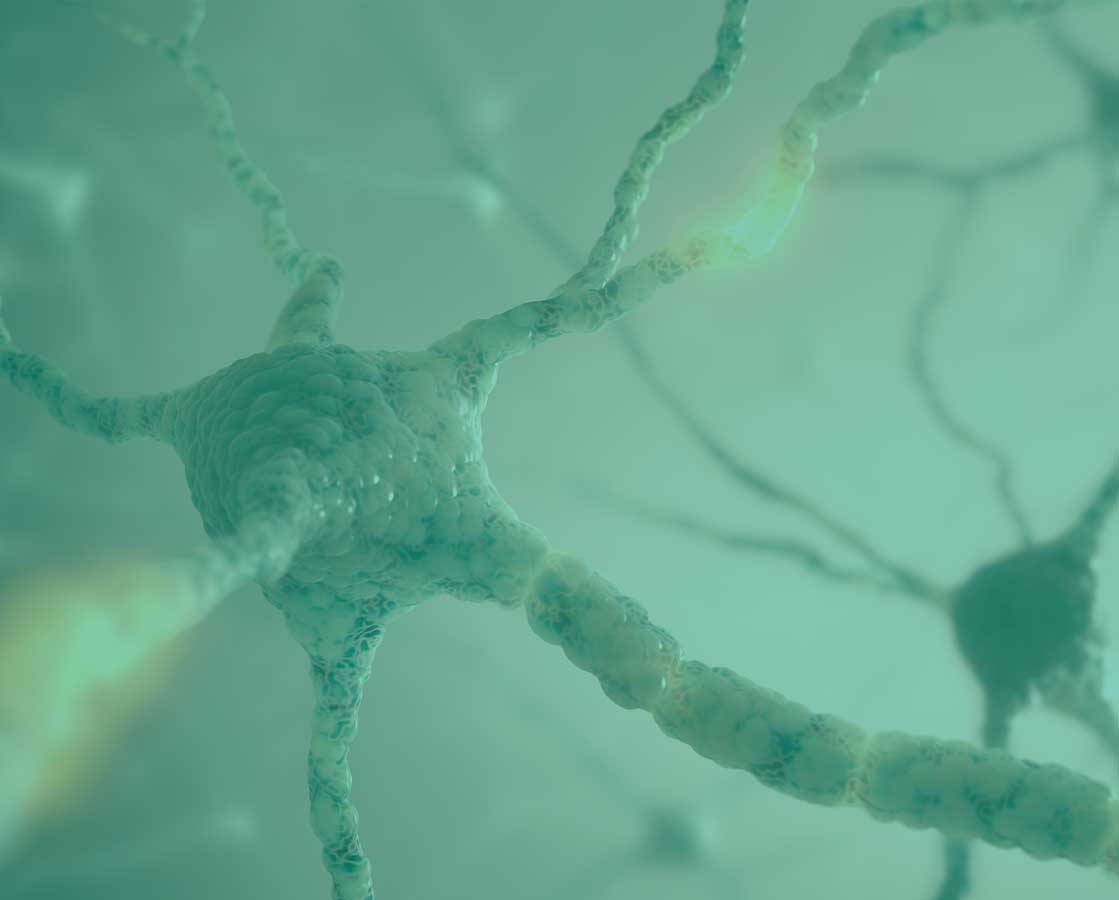
CBD as a neuroprotective:
You’re probably wondering how CBD might play a role in the development and protection of the neurons in our brain (and I assure you that you’re not alone). It’s a hypothesis that scientists are still investigating. Again we start from the endocannabinoid system and the impact that CBD has on supporting the natural production of endocannabinoids.
The interaction of CBD with our endocannabinoid system differs from that of other cannabinoids. Instead of connecting directly to the cannabinoid receptors that are distributed throughout a multitude of tissues and organs in our body, CBD acts more indirectly. That doesn’t mean that it doesn’t affect the CB1 or CB2 receptors at all, because it does, indirectly by stimulating the production of endocannabinoids and inhibiting and blocking the connection of the receptors with other molecules.
CBD is believed to work hand-in-hand with the endocannabinoid system by supporting homeostasis. A study published in the scientific journal “Transitional Psychology” describes how CBD supports the production of anandamide (one of the endocannabinoids that science has identified) by blocking anandamide-inhibiting enzymes. Scientists suspect that endocannabinoids such as y may have a direct role in cell signaling in neurodegenerative diseases such as Parkinson’s and Alzheimer’s.
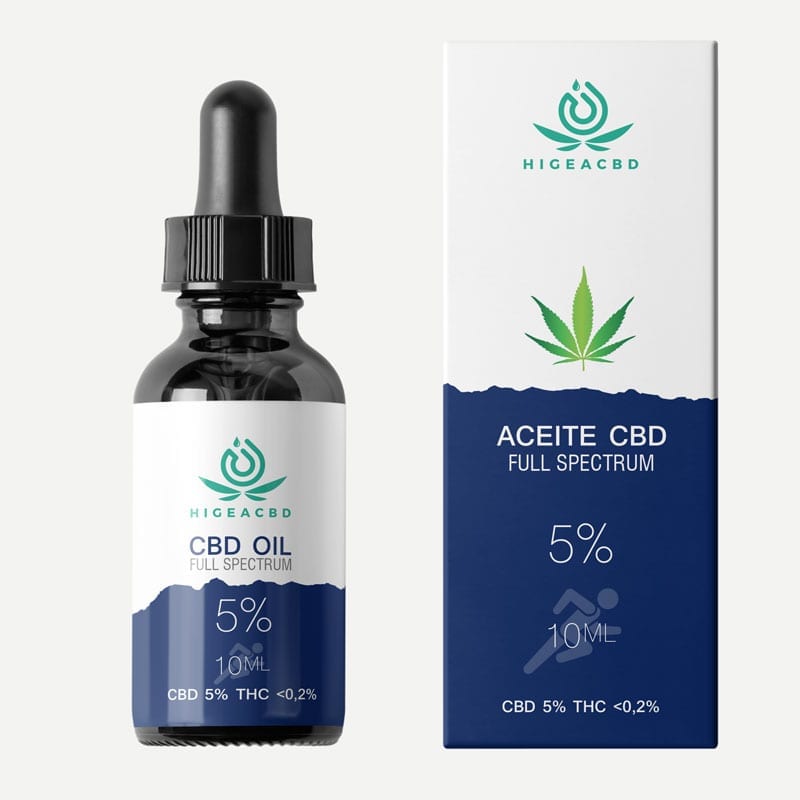
CBD and its influence on neuronal receptors
CBD also influences many noncannabinoid receptor systems in the brain, interacting with receptors sensitive to a variety of drugs and neurotransmitters. These include opioid receptors that regulate pain. Opioid receptors are the therapeutic targets of analgesic drugs and drugs such as morphine or heroin. The CBD can also interact with dopamine receptors, which play a crucial role in the regulation of cognition, including motivation and reward seeking.
This raises the intriguing possibility that CBD’s ability to influence opioid or dopamine receptors may dampen withdrawal symptoms to different drugs through its ability to reduce the famous “craving” that addictions produce. Interestingly, cannabidiol is used in many cases to stop using another substance related to cannabis: THC, since it is used to combat the withdrawal syndrome of joints. CBD’s influence on serotonin may also go some way to explaining its anxiolytic properties, which have been shown convincingly in both human and animal studies.
We are at a critical stage in terms of researching the potential benefits of each component of marijuana. And there’s a lot of work to be done. CBD has effects on our brain and none of them are harmful or put our health at risk. Experience for yourself the benefits of CBD and discover a whole world of therapeutic possibilities without risk.
Related articles
How to calm the mind?
In this article we will talk about how to calm the mind. We will explain the different ways to relax your mind. We'll even look at the potential benefits of CBD for your brain. Why is it important to calm your mind? Before learning how to calm the mind, let's first...
CBD oil for dry skin
Using oil for dry skin is beneficial because it can help replenish the skin's natural oils and restore its moisture barrier. Remember that our skin becomes dry when it lacks sufficient moisture. This can be caused by a variety of factors, such as harsh soaps,...
Stress, menstruation and CBD
Stress and menstruation are two distinct biological phenomena, but they can affect each other in complex ways. Here we will explain what stress and menstruation are all about. We will also see how they are related, and whether CBD can help in their treatment. Let's...
CBD oil for aggressive dogs
Did you know that there is a CBD oil for aggressive dogs? In Higea CBD we explain you how to solve your dog’s character with CBD Enter!
CBD oil for climbing
CBD has anti-inflammatory properties, that’s why it is recommended to use CBD oil for climbing Enter now!
Taking CBD to play golf
Can CBD oil help you play golf? CBD can boost your concentration and relax you, how does it influence your game?
Subscribe to our newsletter
Subscribe and receive a 10% discount on your purchase.
Store
Categories
Guides
Legal notice and privacy policy

